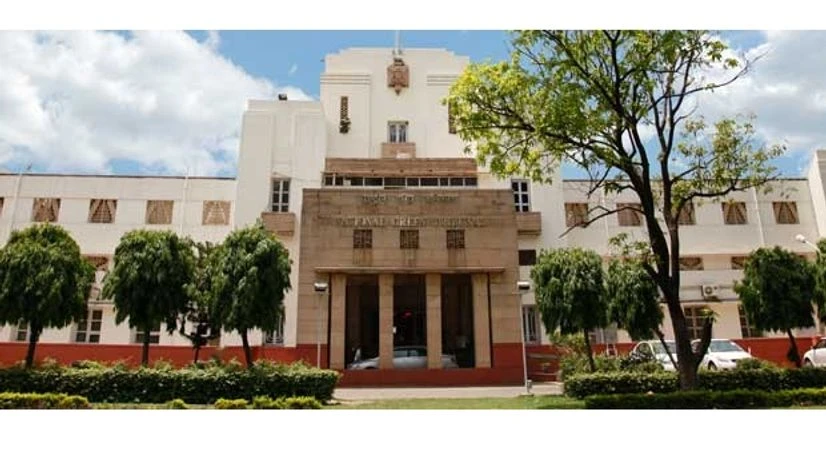The National Green Tribunal today refused to set aside the environmental clearance granted to Amaravati, the proposed capital of Andhra Pradesh, saying that the prohibitory order would "jeopardise the financial interest" of the state and degrade the environment.
The green panel, however, said that the project falls under the 'Category B of the Environmental Impact Assessment (EIA) Notification of 2006' and imposition of additional conditions in the environmental clearance (EC) were necessary.
While allowing the construction, the tribunal said the project was being undertaken as a necessity of executive and legislative decisions and a state has to have its capital.
More From This Section
The apex environmental watchdog directed the project proponent to furnish a bank guarantee of Rs 5 crore and said it would be liable to be encashed if any conditions of the EC was violated.
Imposing a number of conditions, the NGT said, "the project proponent shall conduct or cause to be conducted a comprehensive study on hydro-geomorphology of the area with a view to effectively plan water retention ponds/reservoirs, storm water drains and their interconnectivity...," the NGT said.
"Any alteration of the flood plains by construction of the storm water drains, retention ponds and related development within the capital city should be done only after conducting a study," a bench headed by NGT Chairperson Justice Swatanter Kumar said.
The green panel formed two committees -- a supervisory and an implementation committee -- to have requisite regulatory control over the performance of the project proponent.
While the supervisory committee would be headed by the Additional Secretary of Environment Ministry, the implementation committee would be chaired by the Additional Chief Secretary of Environment of Andhra Pradesh.
"The supervisory committee shall meet at least once in three months to finalise all policy directions and the manner in which the order granting the EC and conditions imposed in this judgement are to be carried out by the project proponent," the bench said.
"The implementation committee shall meet every month and would ensure that the directions contained in this judgement and as decided by the supervisory committee and such other conditions as are imposed in future are actually implemented at the ground by the project proponent," it said.
The committee should provide a time-frame within which conditions imposed in the EC should be executed and it should conduct a comprehensive inspection of the entire project of capital city at Amravati, the tribunal said.
The judgement came on a plea filed by activist P Srimannarayan, E A S Sarma and others which claimed the site at Amravati was a flood-prone area and the state government had not considered the ecological and environmental aspects of the project while selecting the location for the greenfield capital city.
Amaravati the new capital of Andhra Pradesh, is located on the southern banks of the Krishna river in Guntur district.
The Andhra Pradesh Capital Region Development Authority (APCRDA) was entrusted with planning, co-ordination, plan execution, promoting and securing the planned development of the capital region.

)
